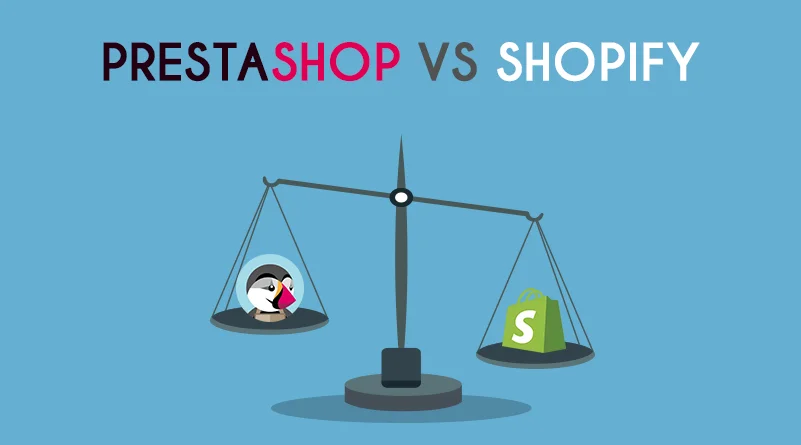How to Balance Profit and Purpose as a Founder
In today’s fast-changing business world, purpose-driven entrepreneurship is no longer just a feel-good idea — it’s a competitive advantage. For founders in Kenya and across Africa, the real challenge lies in striking the right balance between making profit and driving meaningful impact. Many young entrepreneurs are building startups that not only earn revenue but also solve real societal issues — from improving access to healthcare and education to creating jobs and empowering communities.
Balancing these two forces isn’t easy. A founder must navigate between financial sustainability and social responsibility, ensuring one doesn’t compromise the other. The goal is to build a business that does well while also doing good — a vision that defines the future of African entrepreneurship.

Why Purpose-Driven Business Matters in Africa
In Kenya, businesses are no longer judged solely by how much money they make. Consumers, investors, and even employees want to associate with brands that stand for something beyond profit. According to a 2023 report by Deloitte Africa, over 60% of millennials prefer working for purpose-driven organizations that create positive change.
Purpose attracts loyalty, and loyalty drives profit. When a business genuinely focuses on solving real problems — such as youth unemployment, access to finance, or digital inclusion — it naturally earns trust and support from the community. That trust becomes the foundation for long-term profitability.
Purpose differentiates your brand in a crowded market.
It attracts investors who align with your mission.
It builds stronger customer loyalty and word-of-mouth growth.
African startups like M-KOPA and Twiga Foods prove that profitability and purpose can go hand in hand when guided by clear vision and execution.

Step 1: Define What Purpose Means for Your Startup
The first step is clarity. Many founders have ideas that make money but lack a deeper “why.” Your purpose is the problem you are passionate about solving and the change you want to see in your community.
i. Ask yourself — what issue inspired your startup idea?
ii. Who benefits most from your solution, and how does it improve their lives?
iii. Does your mission align with Africa’s long-term sustainability goals such as financial inclusion, digital empowerment, or climate resilience?
For example, a Kenyan fintech startup focused on empowering micro-merchants with digital payment tools isn’t just offering convenience — it’s driving financial inclusion and economic growth. That clarity gives your brand direction and meaning.

Step 2: Build a Profitable Business Model Around Your Purpose
A purpose-driven company still needs to be financially strong. The key is integrating purpose into your revenue model rather than treating it as a separate goal.
Identify how your mission can create measurable value for customers.
Design revenue streams that reward both impact and efficiency.
Track financial performance alongside social outcomes.
For instance, if your startup helps small-scale farmers access digital markets, you can charge a small commission per sale while also partnering with NGOs for training programs. That way, your social impact supports your bottom line rather than draining it.
At E-Startups Kenya, we help founders design sustainable business models that merge profitability with impact through scalable web platforms, automation, and smart analytics.

Step 3: Cultivate a Purpose-Driven Company Culture
Your team must believe in the same purpose that drives you. Building a culture rooted in values ensures that every decision — from marketing to hiring — aligns with your vision.
i. Share your “why” with your employees and make it part of onboarding.
ii. Reward impact-driven initiatives within your organization.
iii. Involve your team in social or community projects related to your mission.
When your people feel emotionally connected to the company’s purpose, they become more motivated, innovative, and loyal — which directly boosts performance and profits.
Step 4: Communicate Your Impact Authentically
Modern consumers in Kenya value transparency. They want to see proof of how your business creates change. Use your website, blogs, and social media to tell authentic stories that connect emotionally.
Share real customer success stories or testimonials.
Publish measurable impact reports or case studies.
Collaborate with influencers or journalists who highlight social innovation.
For example, if your startup provides affordable solar solutions in rural Kenya, showcase how families have benefited from access to clean energy. Storytelling humanizes your brand and builds credibility that converts to loyalty.
E-Startups Kenya supports businesses in building powerful brand storytelling strategies that blend digital marketing with authenticity — helping founders turn impact into influence.

Step 5: Scale Without Losing Your Mission
As your business grows, it’s easy to lose sight of your purpose in the pursuit of profit. The best founders maintain a balance by embedding purpose into every stage of growth.
i. Revisit your mission regularly to ensure it aligns with your scaling strategies.
ii. Partner with organizations that share similar values and goals.
iii. Use data-driven insights to measure both impact and profitability.
Technology plays a key role in this stage. Automating operations, tracking customer engagement, and analyzing performance metrics help you scale without diluting your core values.
At E-Startups Kenya, we help businesses implement AI-driven systems, cloud solutions, and CRM tools that enhance efficiency while staying mission-focused.
The Kenyan Examples Leading the Way
Several Kenyan founders are showing the world that you can build purpose-led, profitable ventures.
Twiga Foods connects farmers directly with vendors, cutting out middlemen and ensuring fair prices for both sides.
M-KOPA provides affordable financing for low-income households to access smartphones and solar devices, driving digital inclusion.
Koko Networks promotes clean energy adoption through smart distribution of bioethanol fuel, reducing carbon emissions.
These companies blend innovation, impact, and strong business models — a balance that defines the next generation of African entrepreneurship.
Why Partner with E-Startups Kenya
At E-Startups Kenya, we believe in technology that empowers people and purpose that drives profit. We help startups build scalable digital platforms, integrate automation, and design impactful marketing campaigns that highlight both innovation and social value.
Whether you’re launching a FinTech app, an AgriTech platform, or a HealthTech system, our solutions — from web development to AI-driven analytics — ensure your business grows sustainably while staying true to its mission.

Frequently Asked Questions (FAQs)
1. Can a purpose-driven startup still be profitable?
Yes. A purpose-driven business that solves real problems attracts loyal customers, partners, and investors — all of which contribute to profitability.
2. How do I communicate my purpose to investors?
Show how your mission aligns with market demand and demonstrate measurable impact. Investors are drawn to ventures that balance vision with financial returns.
3. What are the challenges of running a purpose-driven business in Kenya?
Balancing short-term revenue pressures with long-term impact, securing funding, and maintaining mission alignment during growth are common challenges.
4. How can technology help maintain balance between profit and purpose?
Automation, analytics, and digital marketing enable startups to scale efficiently while tracking both financial and social outcomes.
Conclusion and Call-to-Action
In the evolving African business landscape, founders who balance profit and purpose are the ones shaping the future. Purpose fuels innovation, while profit ensures sustainability — together, they create lasting success.
At E-Startups Kenya, we empower visionary entrepreneurs to build scalable, impact-driven ventures that transform lives. If you’re ready to align your mission with growth, partner with us today and let’s redefine what success looks like for the next generation of Kenyan founders.




























